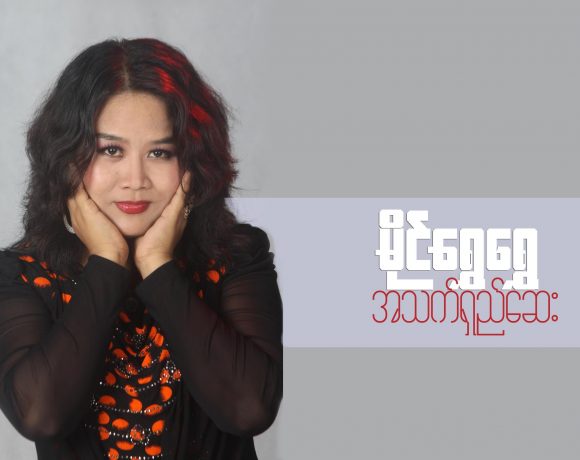HIV/AIDS conditions in Chin State: interview with STD team leader Dr Mang Biak Kung

HIV/AIDS conditions in Chin State: interview with STD team leader Dr Mang Biak Kung
14 July 2015 — The number of HIV/AIDS-infected victims is on the increase, according to recent media reports. In an attempt to find out the actual situation in Chin state, the Chinland Guardian talks to Dr Mang Biak Kung, team leader of the Sexually Transmitted Disease at the Chin State Health Department in Hakha.
Chinland Guardian: What is the current statistics of people infected with HIV (human immunodeficiency virus) and AIDS (Acquired Immune Deficiency Syndrome) in Chin State?
Dr Mang Biak Kung: According to our records, there are over 200 people, including men, women and children, who live with HIV/AIDS in Chin State.
Chinland Guardian: The Charity Social Service, a non-government organization, was quoted as saying that there are more than 500 victims in northern parts of Chin State and in Kalay, Sagaing Region. What is your comment about it?
Dr Mang Biak Kung: I have no special comments about the organization. But in reality, the State Health Department must be informed if an organization is planning or has done something related to medical care for HIV/AIDS victims in Chin State. We are not in cooperation with any organizations including international non-governmental organizations (INGO), non-governmental organizations (NGO) and civil society organizations (CSO) if they don’t sign a memorandum of understanding (MoU) and get permission from the State Health Department. That’s how we work.
Chinland Guardian: How reliable and accurate is the statistics from the Health Department?
Dr Mang Biak Kung: The overall statistics from the State Health Department are cross-checked as much as possible to be reliable. However, there are challenges and problems when it comes to the number of HIV/AIDS victims in Chin State as this kind of disease is totally different. There is some discrimination and stigma attached to being infected with HIV/AIDS not only in Chin State but also across the country.
Chinland Guardian: Tell us more about the Chin victims.
Dr Mang Biak Kung: The most common causes of the HIV/AIDS infection are sexual transmission, blood transfusion and needle-sharing.
Chinland Guardian: Do they receive necessary support from the State government?
Dr Mang Biak Kung: Most of the HIV/AIDS patients in Chin State receive necessary care and support from the Health Department. For instance, they are provided with antiretroviral therapy (ART), other preventive measures and nutritional support.
Chinland Guardian: What kind of preventive measures has the State government (including the State Health Department) taken from spreading in the future?
Dr Mang Biak Kung: The Ministry of Health, the Department of Public Health and the National AIDS Programme have been taking preventive measures and providing care and support as well as rehabilitation.
Chinland Guardian: How effective are they?
Dr Mang Biak Kung: Yes, they are effective. But there are many challenges in terms of providing medical care for the HIV/AIDS patients. Moreover, there are more challenges when it comes to dealing with migrant worker mobile population, social stigma and discrimination facing the patients in our society.
Chinland Guardian: When was the first victim recorded in Chin State?
Dr Mang Biak Kung: The first case in Chin State was recorded at the Hakha General Hospital in 1995.
Chinland Guardian: Do you cooperate with UN agencies, NGOs or INGOs to combat the disease from spreading?
Dr Mang Biak Kung: Most of the HIV/AIDS prevention and control activities are undertaken by the Health Department with financial and technical support from UN agencies including the United Nations Office for Project Services (UNOPS), the United Nations Population Fund (UNFPA), the United Nations Children’s Fund (UNICEF) and the Global Fund.
Chinland Guardian: What other things are needed to be done in order to take more effective action?
Dr Mang Biak Kung: As you may be aware, it is not easy to provide comprehensive lifelong healthcare for a person. For example, if a person is infected with HIV/AIDS, he has got to receive a lifelong medical care until he passes away. So, in order to take more effective action for HIV/AIDS patients, good political commitment, strong cooperation and collaboration between the Health Department, NGOs, INGOs and CSOs as well as community involvement are needed. #




